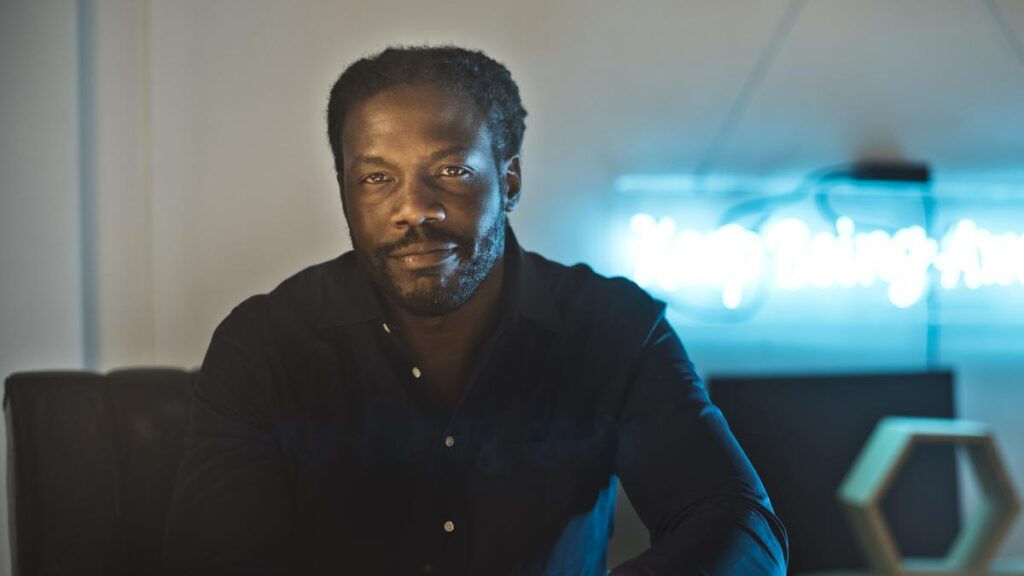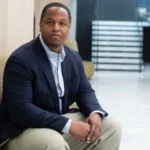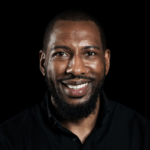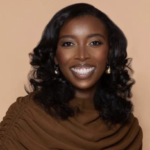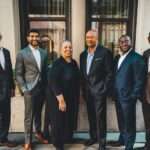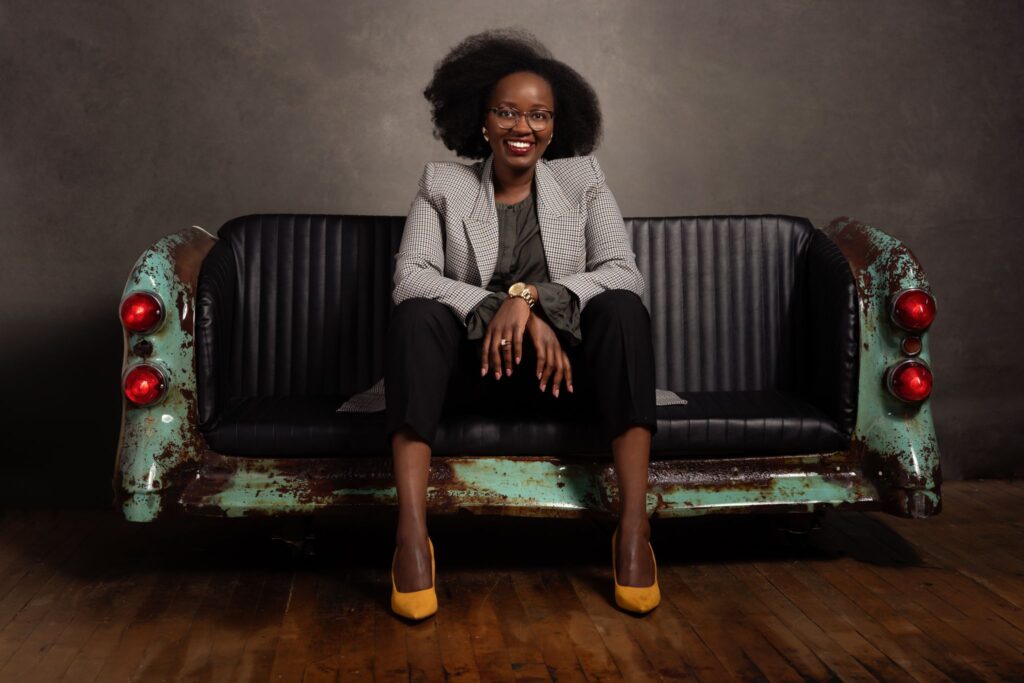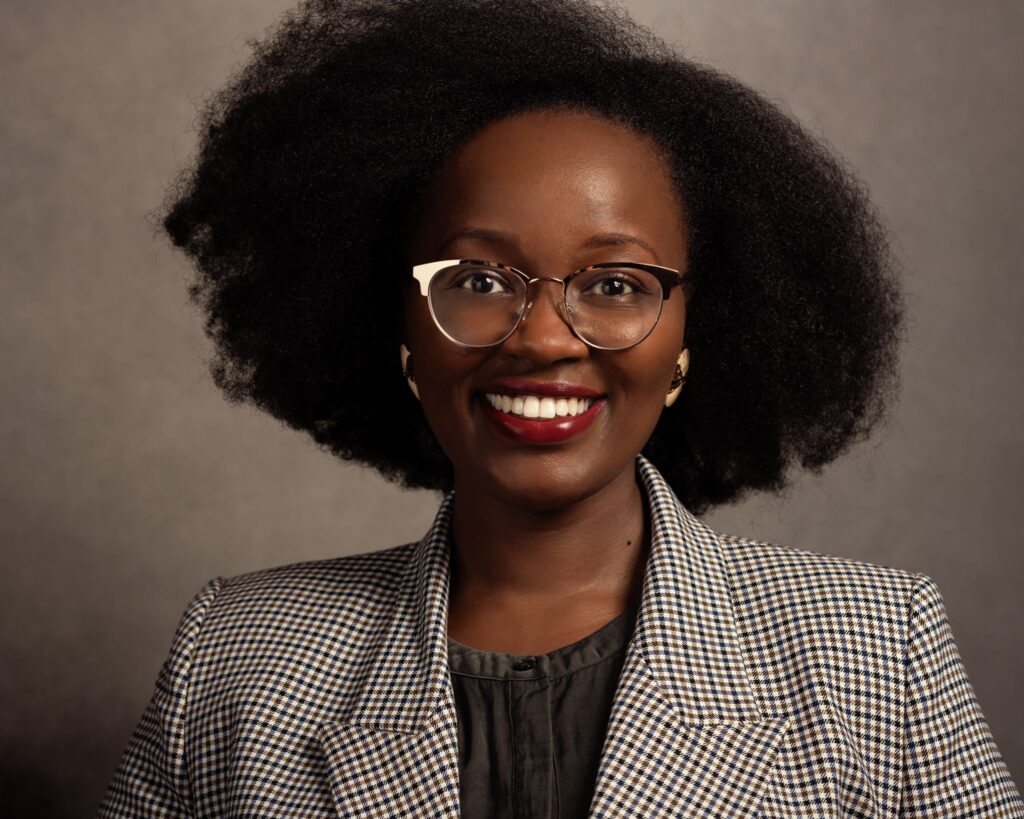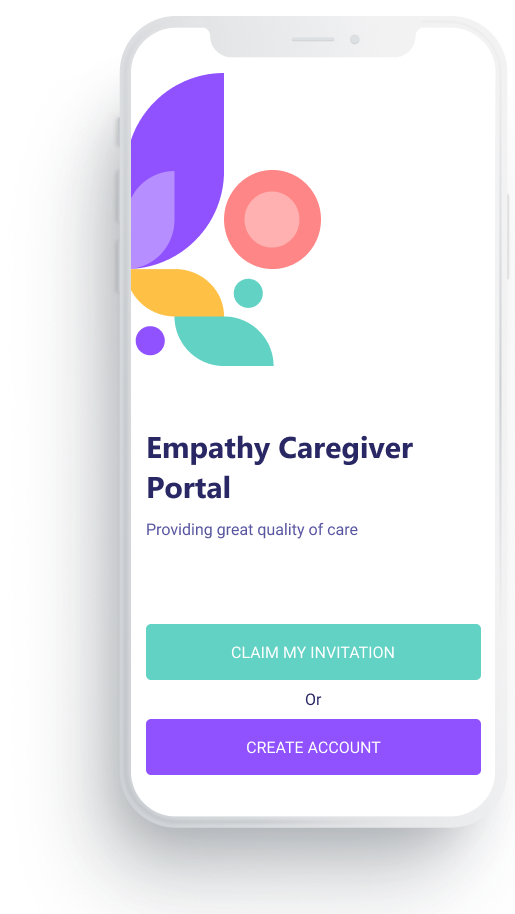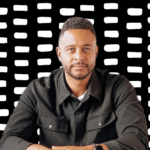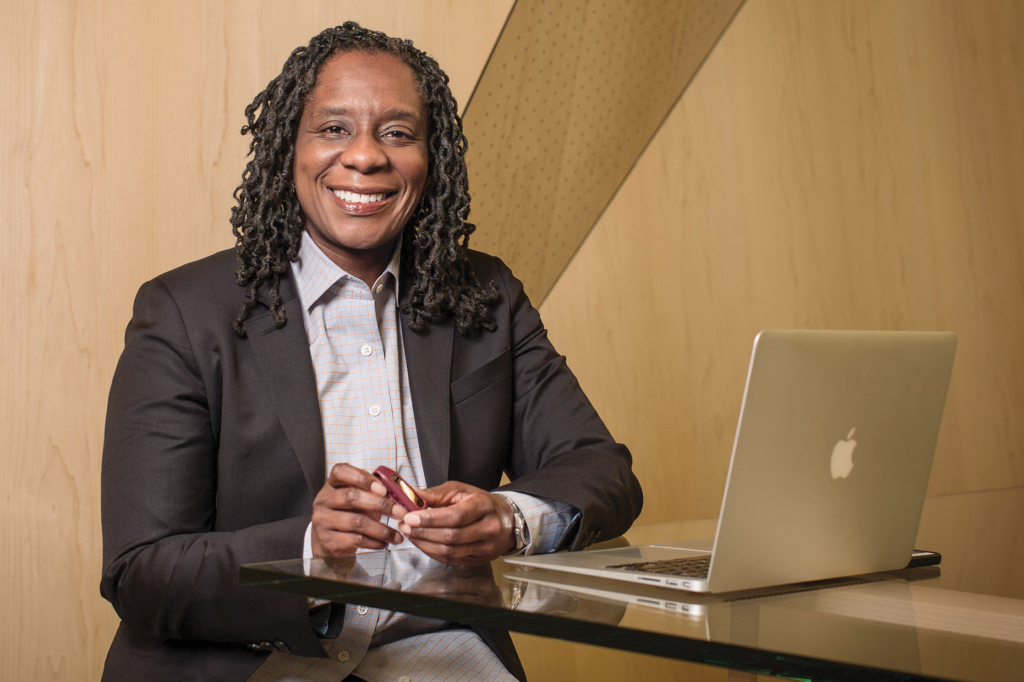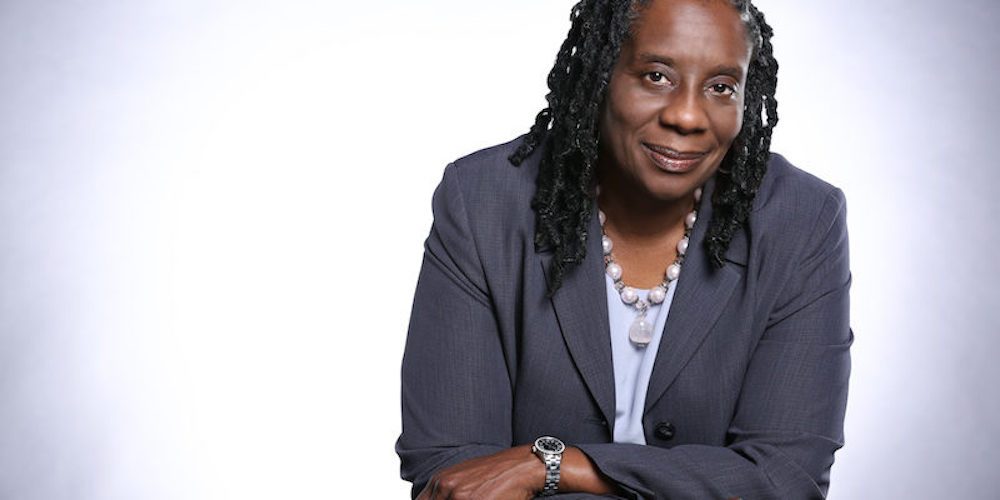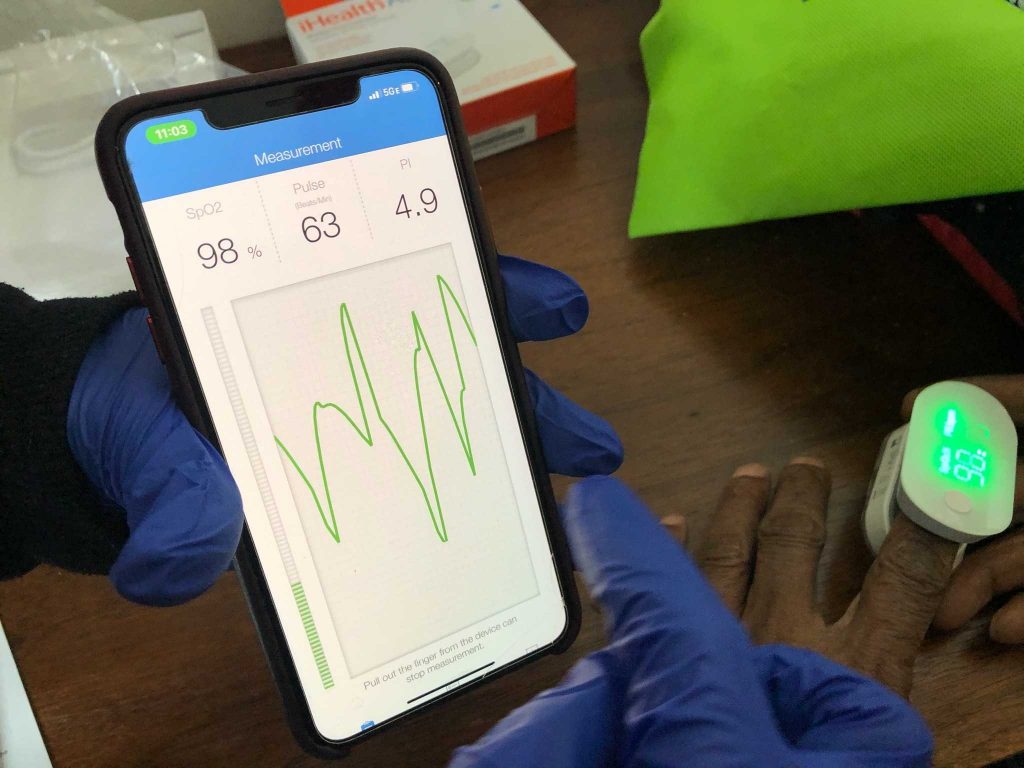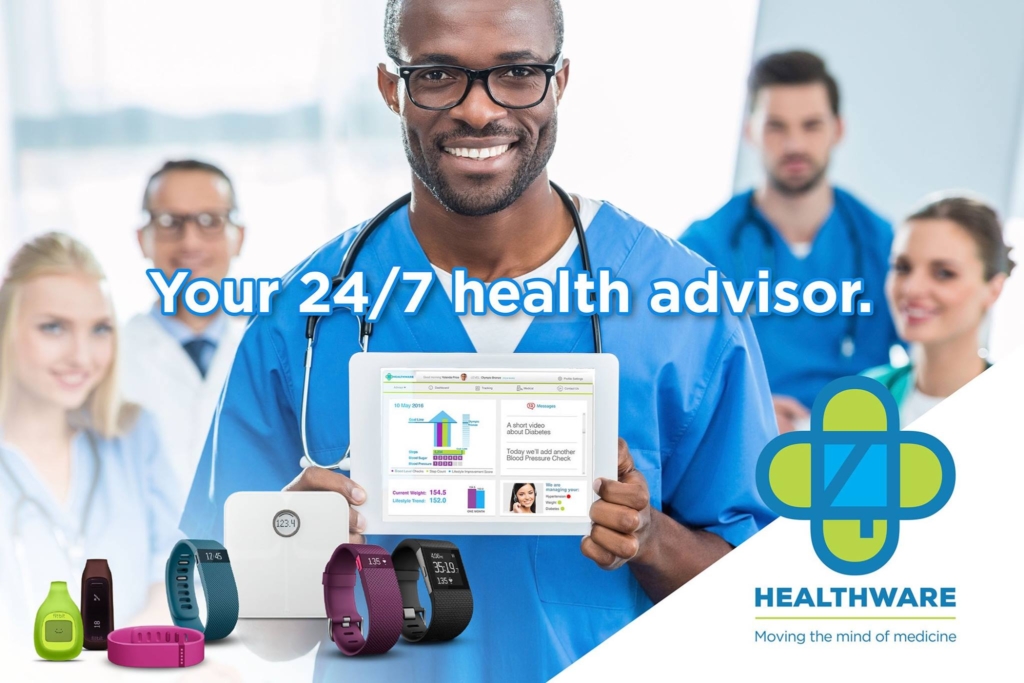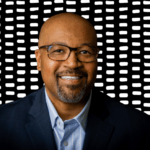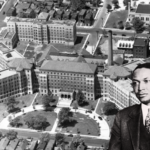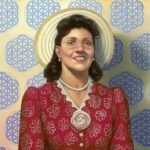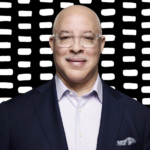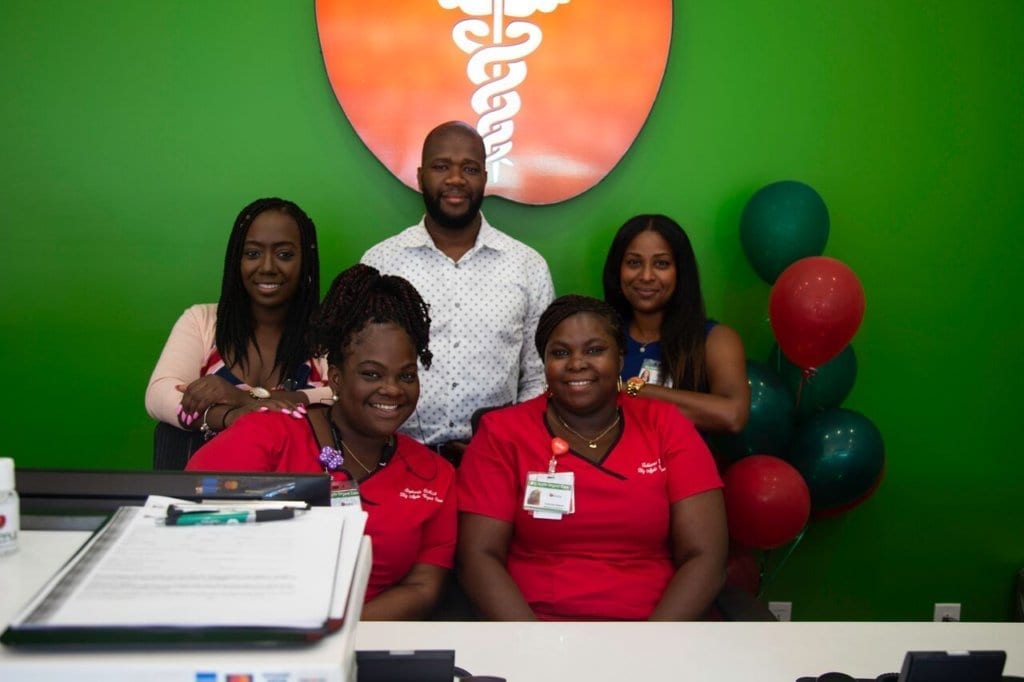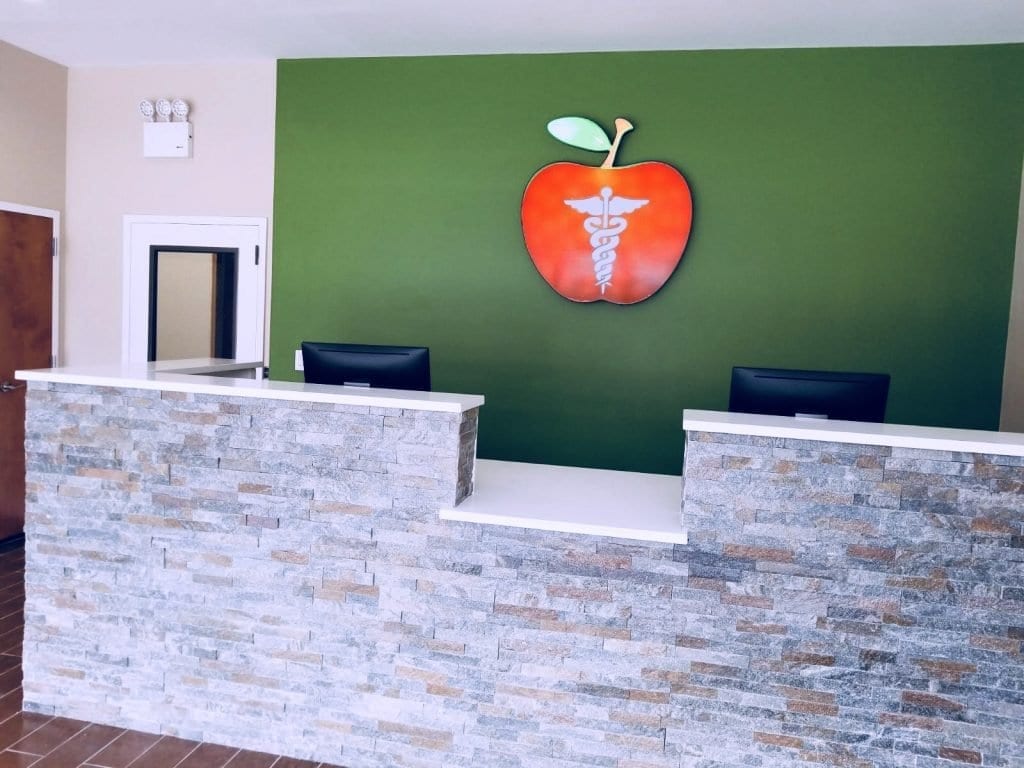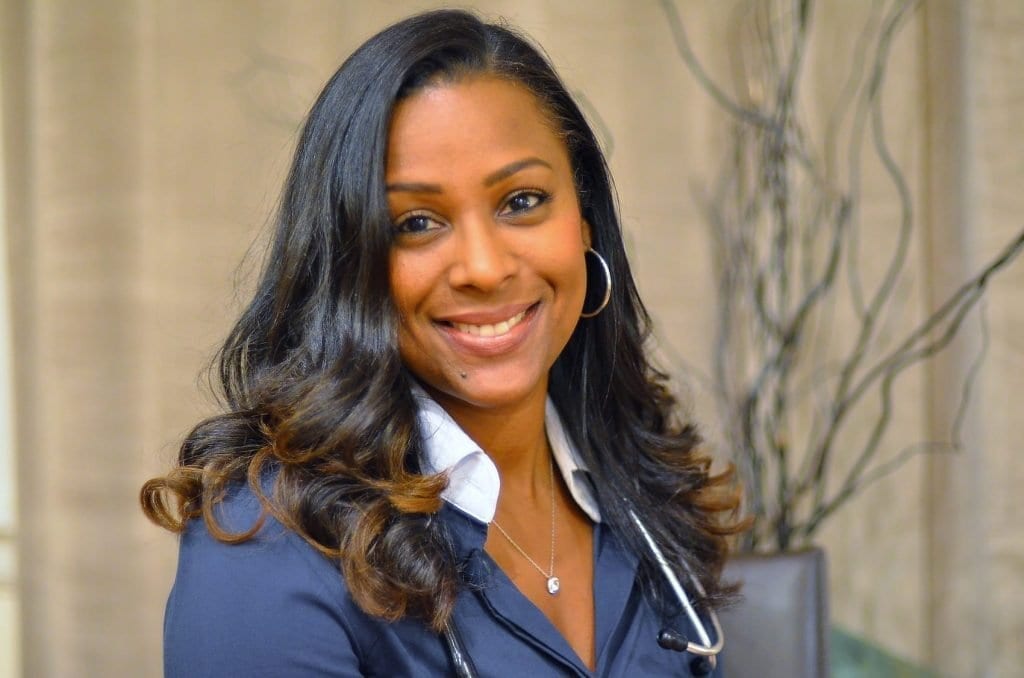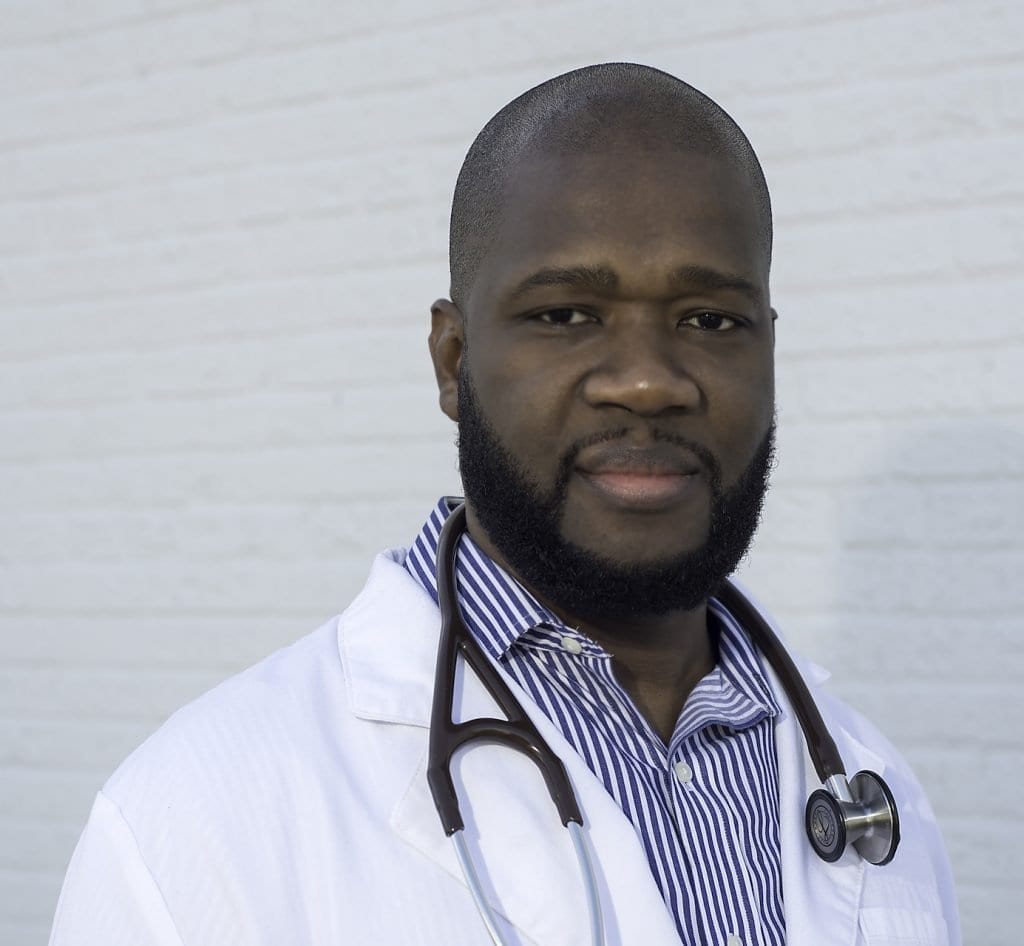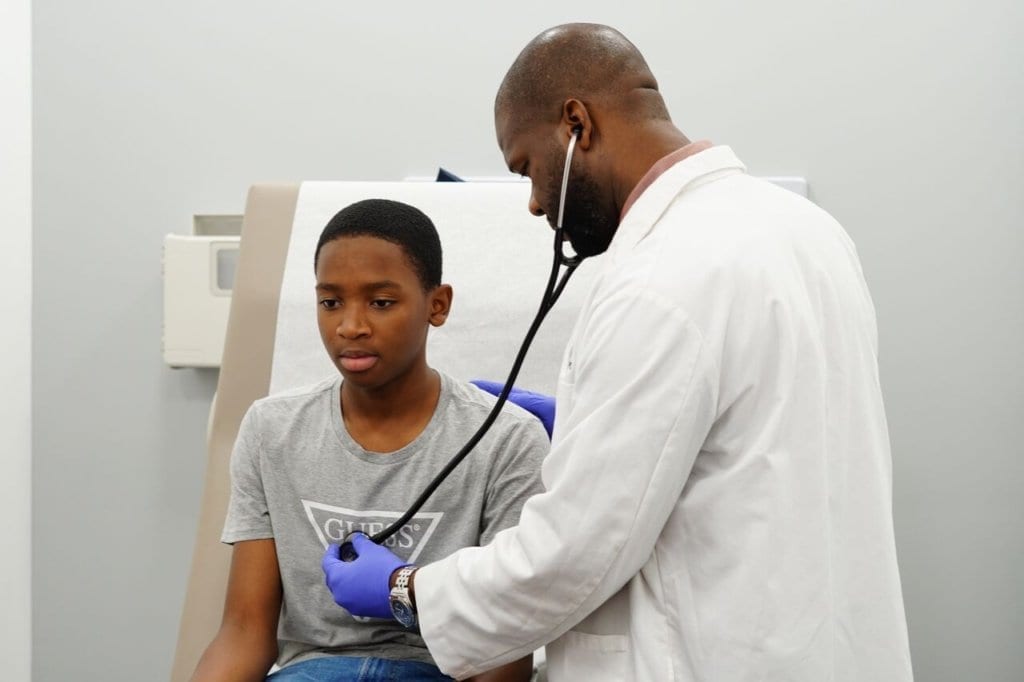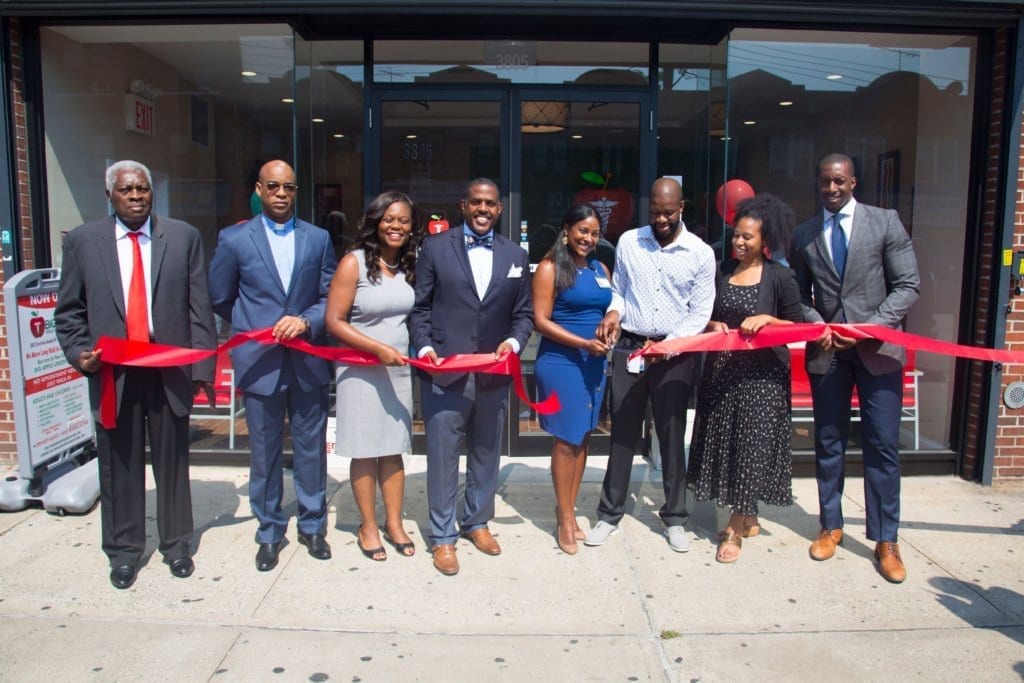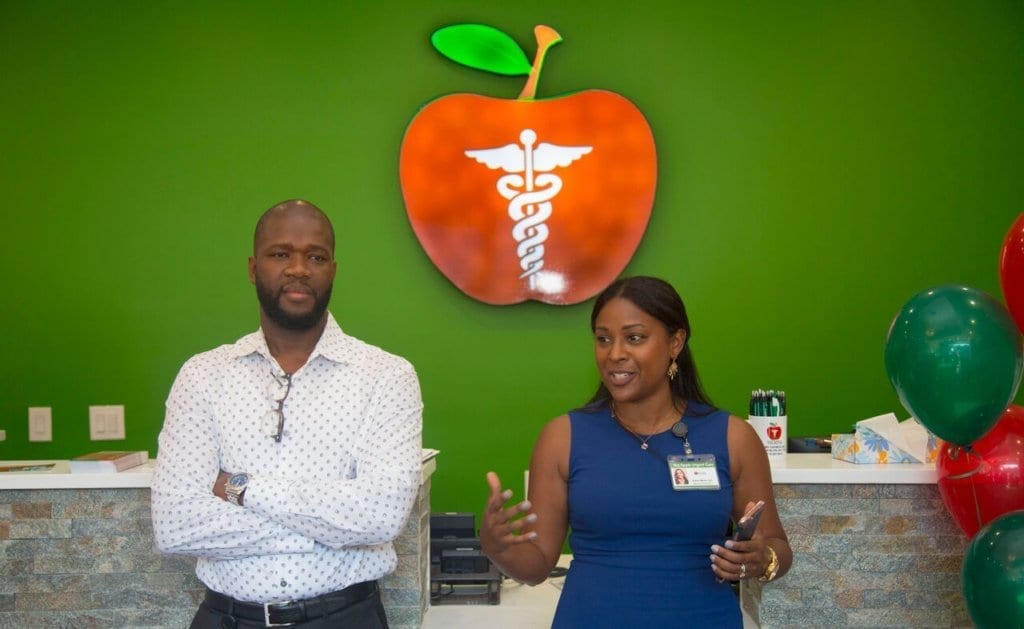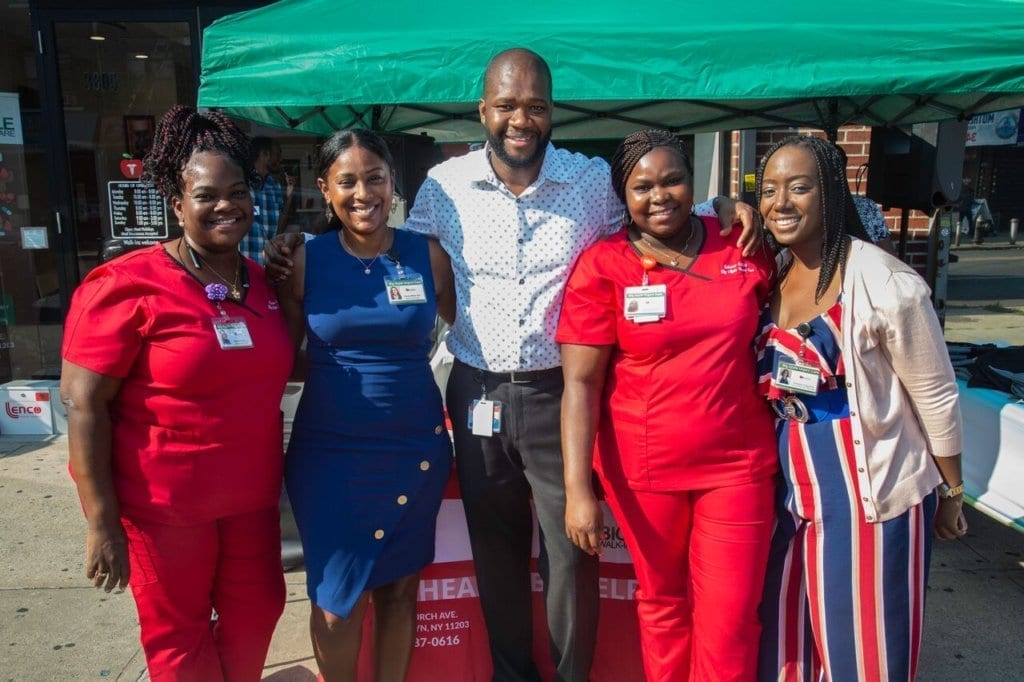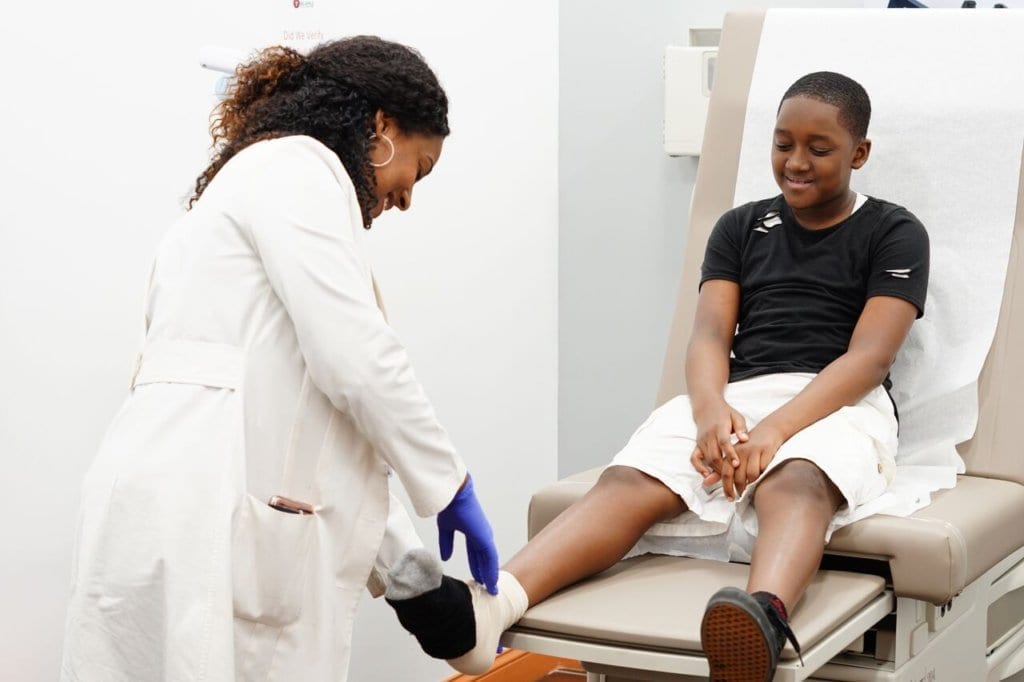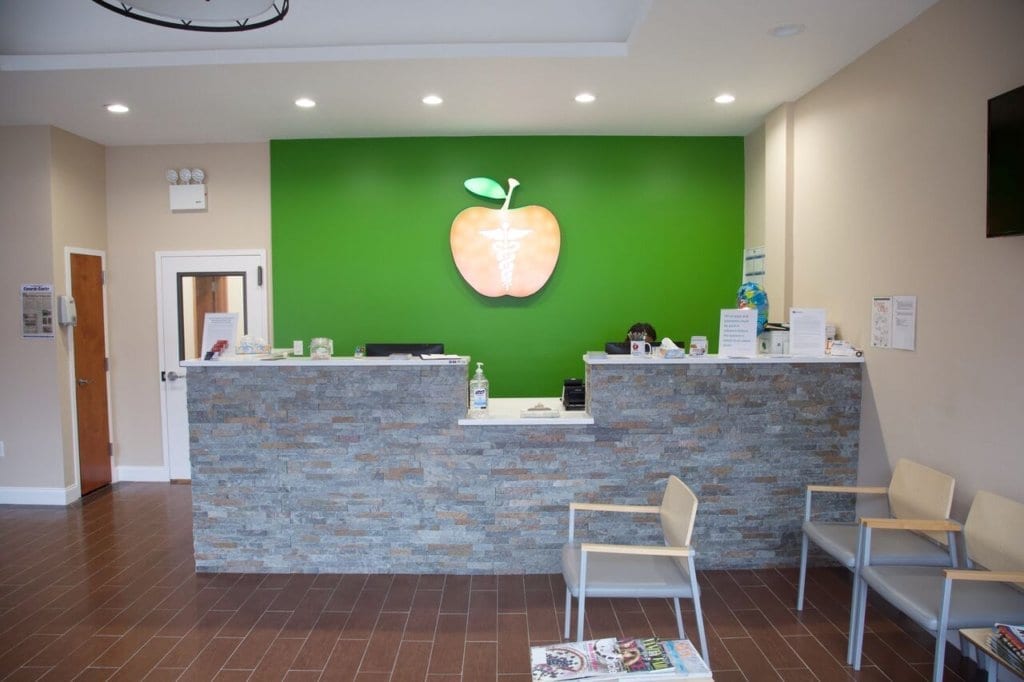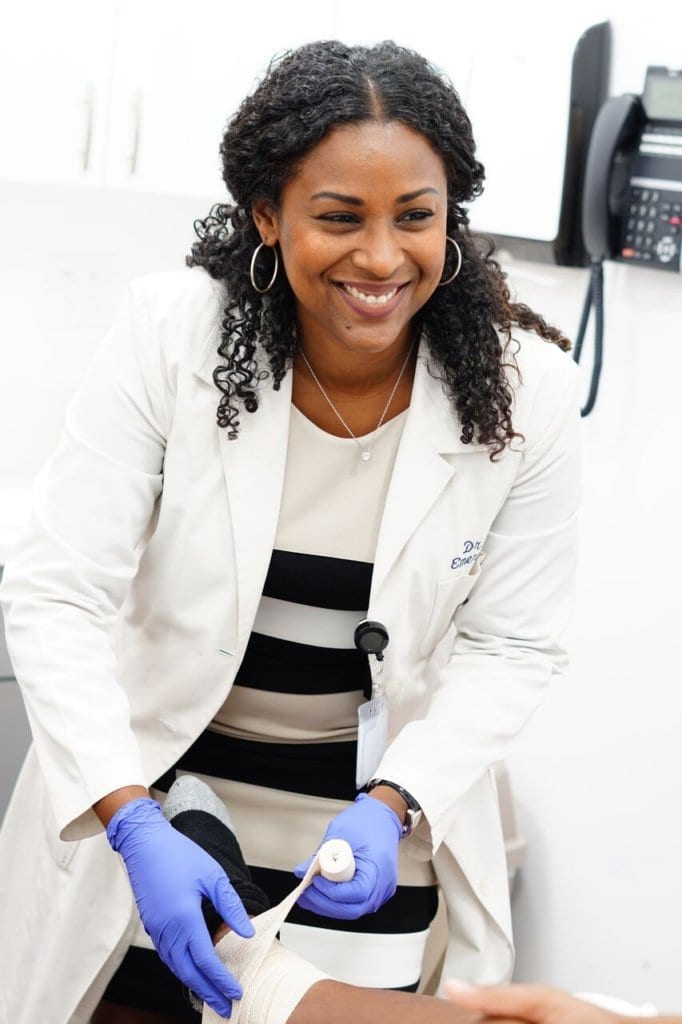Jumpstart Nova is the first fund that invests exclusively in Black owned healthcare startups in the US.
The fund recently announced that it has raised $55 million from health care investors including Eli Lilly and Company, Cardinal Health, and Atrium Health, oversubscribing its initial $30 million target.
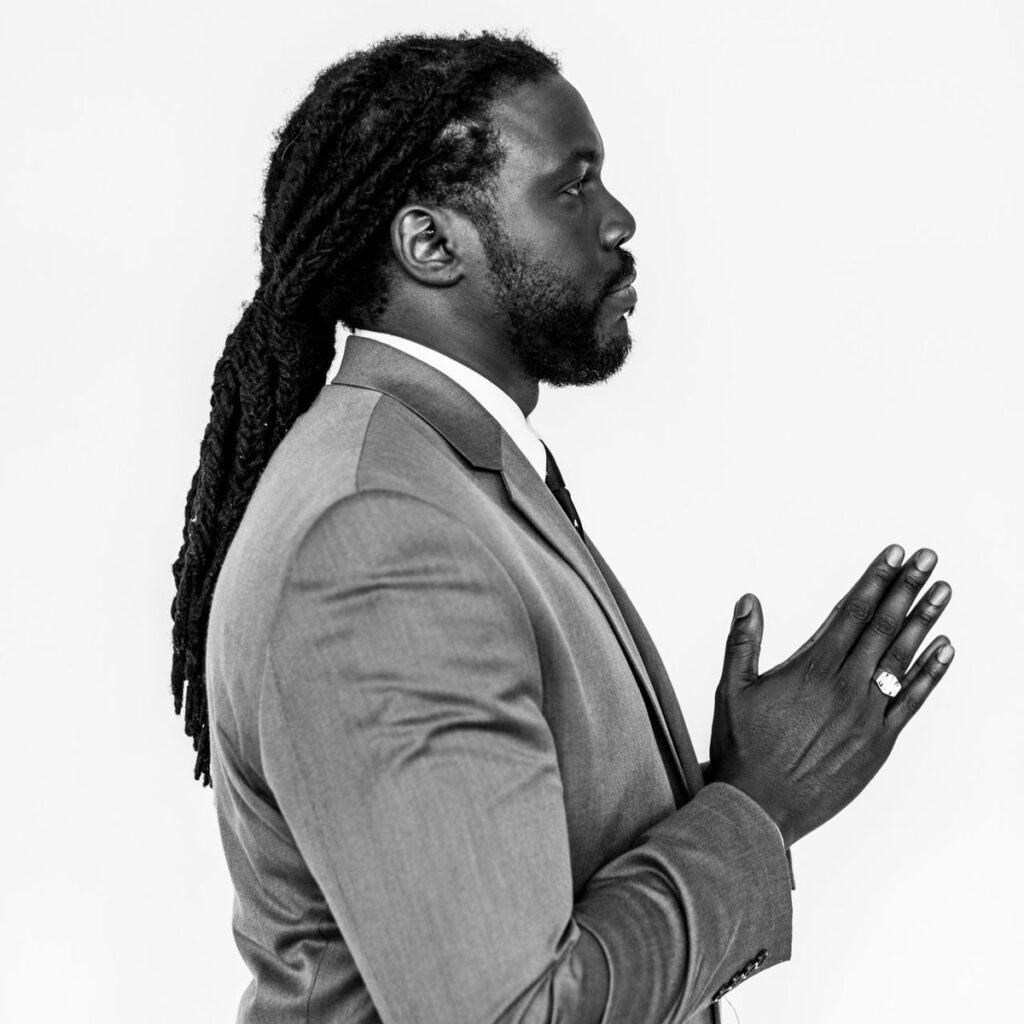
The fund will invest in companies across health IT, digital health, tech-enabled services, diagnostic devices, biotech, medical device manufacturing, and consumer health and wellness, according to a press release.
Marcus Whitney is the founder and General Partner. He was inspired to create Jumpstart Nova as a solution to a central gap he saw in the marketplace. Jumpstart Nova is the newest in a family of funds managed by JHI, which he co-founded with Vic Gatto in 2015 in Nashville.
”The healthcare venture capital industry has missed out for decades on investing in America’s brilliant Black innovators, and this has been a loss for us all. Jumpstart Nova’s strong start and incredible group of limited partners validate the need to capitalize and support the vital solutions from this untapped talent base,” said Whitney, in a statement.
Jumpstart Nova is working to increase equity in the healthcare venture space by maintaining majority Black owned general partners, growing the number of Black VC limited partners and VC professionals, generating great returns and investing in Black founders and leaders at the forefront of healthcare innovation, the company said.
The fund’s initial portfolio companies are tackling healthcare issues like equitable access to clinical trials, bringing novel cell and gene therapies to market, helping families with autistic children get the therapeutic support they need, and seeking to mitigate the risk of life-threatening food allergy attacks, according to Whitney.
Companies qualifying for consideration for Seed or Series A investment will have at least one Black founder in a C-level position and holding a board seat.
Check sizes will generally range from $250K-$3MM and the fund will often lead rounds, in which cases it will require a board seat. Its investments will mostly be minority investments.
Subscribe and Follow SHOPPE BLACK on Facebook, Instagram & Twitter

